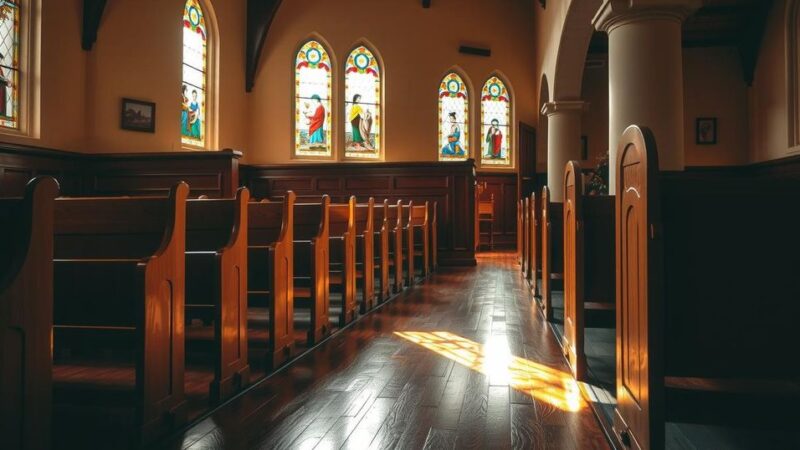The Nigerian Senate has passed a bill mandating multinational social media companies to establish physical offices in Nigeria. Sponsored by Senator Ned Munir Nwoko, the bill aims to enhance digital sovereignty, improve regulation, and create economic opportunities. Concerns include limited local representation and challenges in legal recourse. Additionally, all bloggers in Nigeria must have verifiable offices and belong to recognized associations. The bill received unanimous support and is now referred to the committee for further consideration.
On Tuesday, the Nigerian Senate passed a significant bill during its second reading, seeking to amend the Nigeria Data Protection Act of 2023. This legislation mandates that multinational social media companies establish physical offices within Nigeria. Sponsored by Senator Ned Munir Nwoko from Delta North, the proposed act is entitled “A Bill for an Act to Alter the Nigeria Data Protection Act, 2023.”
Senator Nwoko emphasized the necessity of the bill in strengthening Nigeria’s digital sovereignty while enhancing its economy and regulatory frameworks for online platforms. Notably, despite Nigeria possessing one of the largest social media user bases in the world, major platforms like Facebook, Instagram, and TikTok do not currently have a local presence.
Nwoko stated that Nigeria ranks first in Africa and second globally in daily social media usage, asserting, “these multinational companies operate here without any physical presence.” He identified gaps in regulatory oversight, content management, and local partnerships.
Key concerns arising from the absence of physical offices include limited local representation, economic opportunities lost, and challenges in legal recourse. He argued, “The lack of a local presence creates a disconnect between the platforms and their Nigerian user base,” making it increasingly challenging to resolve complaints and regulatory issues in a timely manner.
The senator noted the economic ramifications, stating that the lack of local offices denies Nigeria substantial job creation in fields such as customer service and content moderation. He added, “Imagine the thousands of young Nigerians who could be employed by these companies, gaining valuable skills.”
Furthermore, Nwoko highlighted the potential for technology transfer, drawing parallels to successful economic models in countries like China and South Korea. He stressed that establishing local offices would foster a learning environment for Nigerian tech professionals and enhance the nation’s technological landscape.
Regarding legal implications, he articulated that without local offices, enforcing data protection and resolving disputes becomes more complex. This legislation aims to address these challenges by ensuring social media platforms are physically present to adhere to local laws and respond to user needs appropriately.
In addition to the provisions for social media companies, the Bill stipulates that all bloggers in Nigeria must have verifiable offices in capital cities and belong to recognized national blogging associations. This measure aims to promote professionalism and accountability in digital media.
The Bill garnered unanimous support from senators, and Senate President Godwill Akpabio noted that its objective is to increase government revenue through taxation, not to silence the media. The proposed legislation has been referred to the Senate Committee on ICT and Cyber Security for further deliberation.
The Nigerian Senate’s passage of the bill underscores the urgent need for multinational social media companies to establish physical offices in the country. By doing so, the legislation aims to strengthen Nigeria’s digital sovereignty, improve local regulatory oversight and facilitate economic growth through job creation and technology transfer. The unanimous support from senators highlights a collective acknowledgment of the benefits for both the local economy and user protection. Further discussions will take place within the Senate Committee on ICT and Cyber Security.
Original Source: businessday.ng






